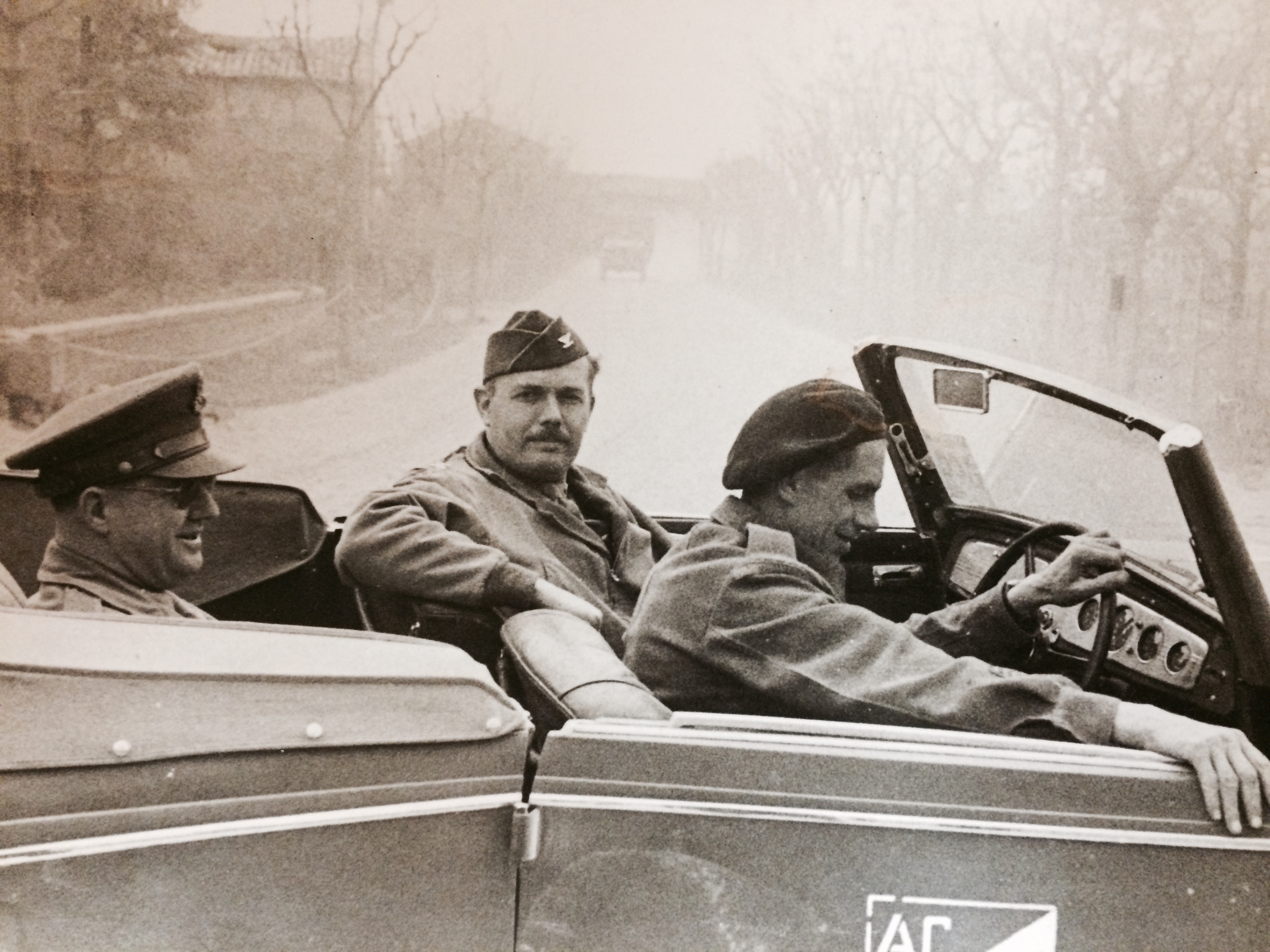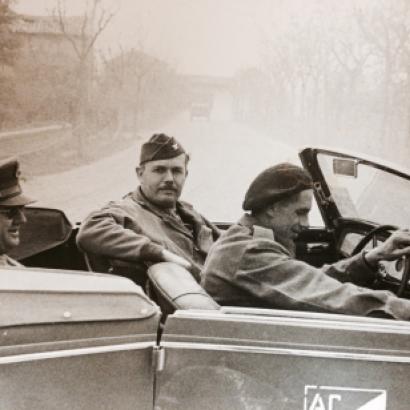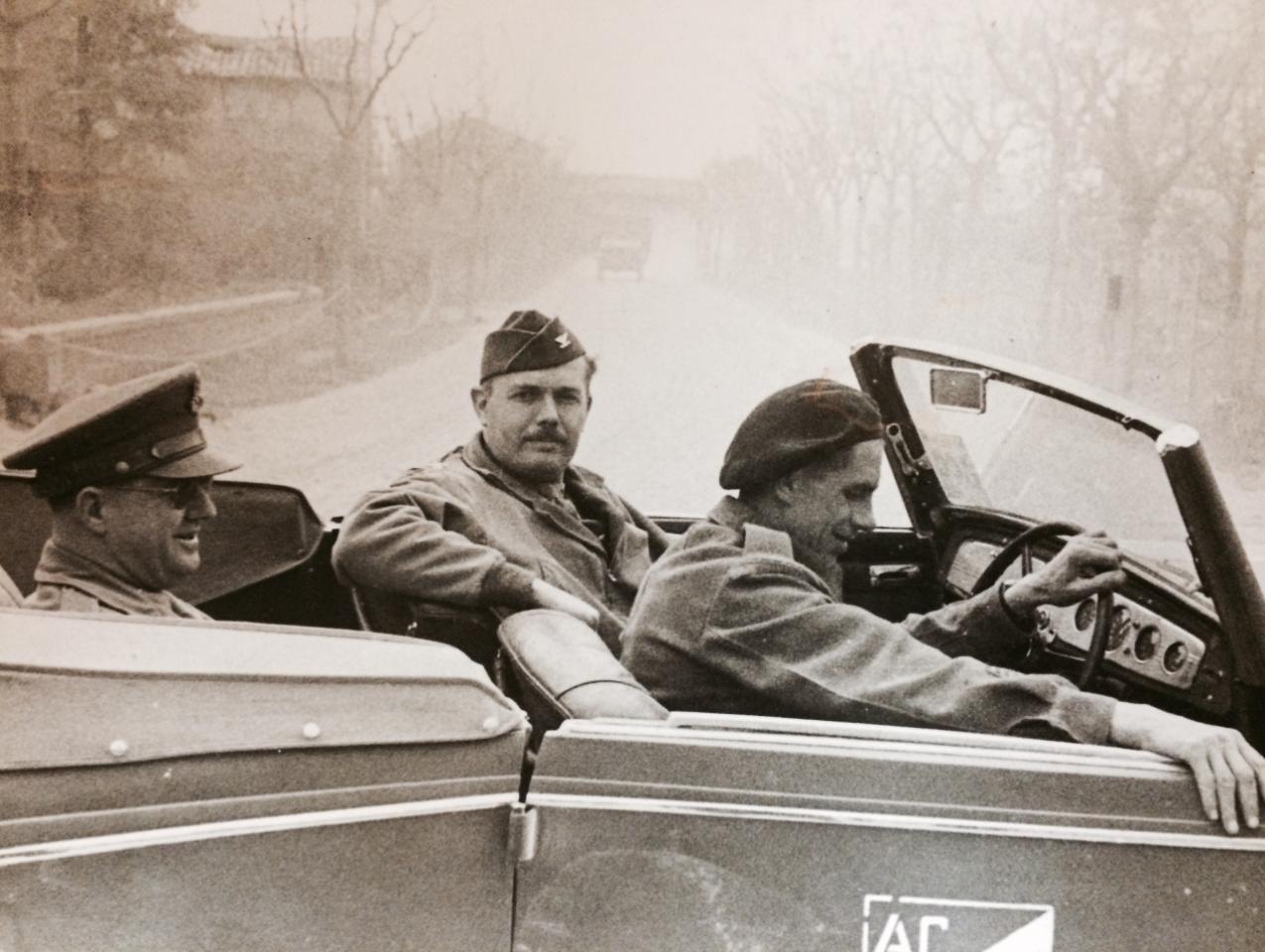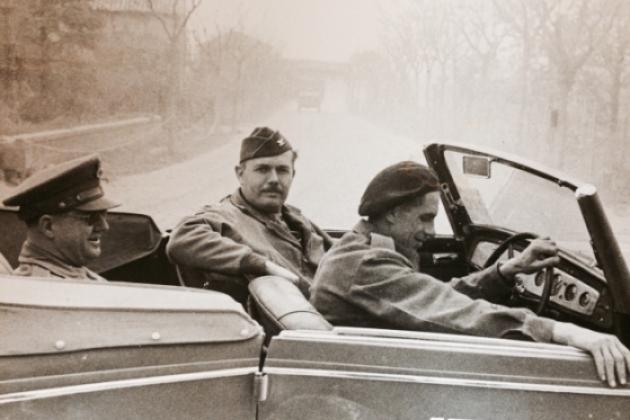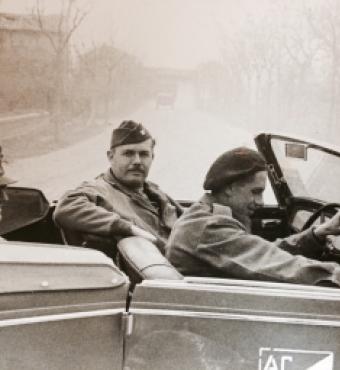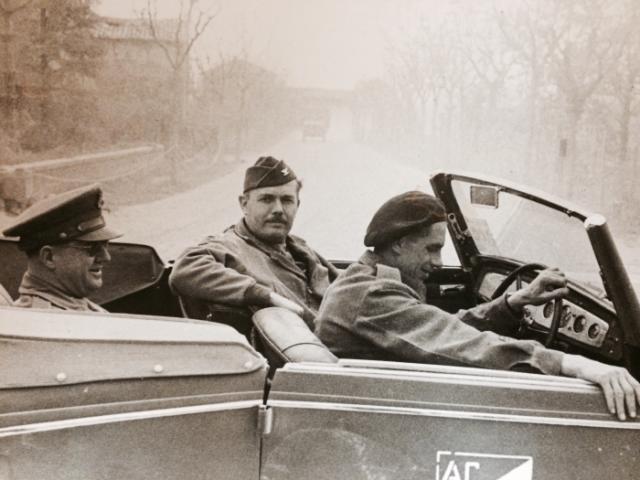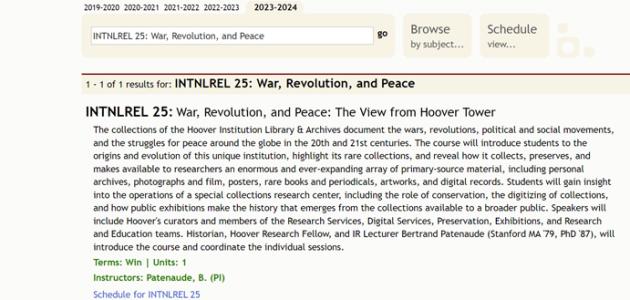By Beaudry R. Allen
With the increasingly aggressive Russian policy in Ukraine, Crimea, and the Baltic States, and the current political climate drumming up Cold War rhetoric, the newly described Alfred Connor Bowman Papers offer a perspective to similar discourses percolating after World War II. The Bowman papers add nuance to the sweeping sinews of power and discord that led to the Cold War by offering insights into the day-to-day actions of the Senior Civil Affairs Office for the Allied Military Government (AMG) in Italy as well as the US military intervention in Korea in 1950.
The bulk of the collection includes AMG reports, correspondence, diaries, photographs, and a sound recording detailing the tensions in the Friuli Venezia Giulia region at the end of World War II as allied forces and Yugoslav partisan forces converged at Trieste, the capital of the region and long a disputed territory between the Italians and the Slavs. Exacerbating the tensions were the conflicting influences of Marshal Tito and the communist Yugoslav forces, Italian partisans, allied forces, and ultimately, the USSR, resulting in the interim measure to divide the disputed region into two sectors. The eastern division, Zone B, was allocated to the Yugoslavs; the western division, including Trieste, was controlled by the AMG and headed by Bowman. The demarcation line would serve as the southern end of the Iron Curtain and an early catalyst of the Cold War. The collection contains many of Bowman’s writings that later became resources for his memoir, Zones of Strain: A Memoir of the Early Cold War, which can also be found in the Hoover Library.
The collection also includes reports and printed matter relating to Bowman’s participation in US efforts in the 1950s to pass a resolution in the United Nation’s Security Council calling for military intervention and a subsequent cease-fire in Korea.
Bowman’s papers are a fascinating addition to Hoover Library & Archives and to the historical narrative of World War II and Cold War.




